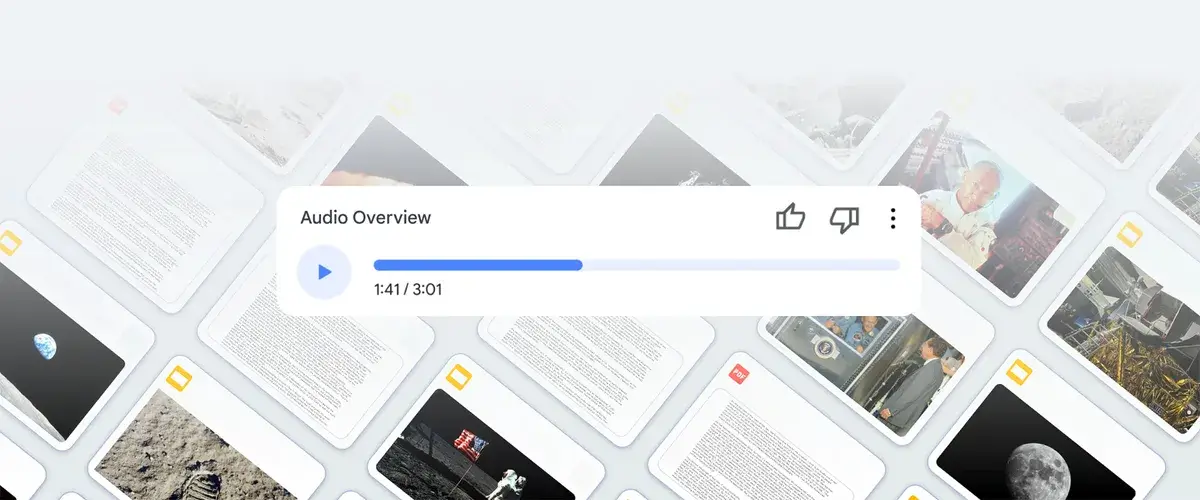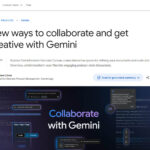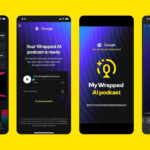Google revolutionizes learning with the new “Audio Overview” feature in NotebookLM. How artificial intelligence transforms text documents into engaging audio discussions.
Google NotebookLM is an experimental, free-to-use note-taking app that helps users to learn and research better (“AI Research Assistant”). You can upload your own documents and ask questions about them via chat or create FAQs on the most important topics at the click of a button, allowing you to understand even extensive and complex information better and faster.
The application has now been expanded to include the“Audio Overview” AI functionality. This capability allows users to convert uploaded documents into fascinating audio discussions. AI hosts take over the task of summarizing the material and making connections between different topics to enable a conversation with the content.

The use of artificial intelligence in education and research is not new, but Google’s approach to converting text documents into audio content opens up new possibilities for learners and researchers. This innovation is particularly beneficial for those who absorb information better by listening. Users can download the generated audio files and listen to them on the go, allowing for flexible and accessible knowledge transfer.
Audio example: A podcast created by NotebookLM
As an audio example, here is a podcast generated by NotebookLM in just a few minutes on the subject of “Serverside tracking”. An uploaded PDF document serves as the data basis. The tool generates a dialog between two podcast hosts with amazingly natural voices.
For people who prefer to use their sense of hearing for learning, this is the perfect complement to text-based learning.
Google Gemini as the basis for multimodal learning assistants
While NotebookLM already offered functions such as summarizing and organizing documents or creating learning materials, the Audio Overview feature is a remarkable advance. It shows how AI can significantly improve the storage and use of information. With the AI model “Google Gemini” and the almost human AI hosts using a young, modern jargon, Google is entering a new era of knowledge processing.
However, there are still limitations. Generating large documents can take a few minutes and inaccuracies sometimes occur. The feature is still in the experimental stage, but Google plans to further expand the functionalities to integrate real interaction and other advanced capabilities.
With the introduction of real-world interaction capabilities, NotebookLM could find a permanent place in everyday educational and research work. These developments reflect the trend in the AI industry to focus on improving user experiences while creating innovative solutions to existing learning methods. It would be fascinating to see how this changes the use and capture of knowledge in academic and professional environments.
To summarize:
- New Audio Overview feature: Turning documents into audio discussions
- Gemini AI models: Advanced AI for content creation and organization
- Useful application: Especially for learning and research contexts
- Limitations: Generation of large documents takes longer, possible inaccuracies
- Future plans: Expansion to real-time interaction and other capabilities
With NotebookLM, Google is once again demonstrating its innovative strength in the field of artificial intelligence. This development offers profound insights for future applications that could transform learning and research in the long term.
Sources: Google Blog







